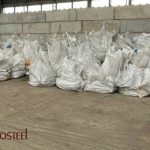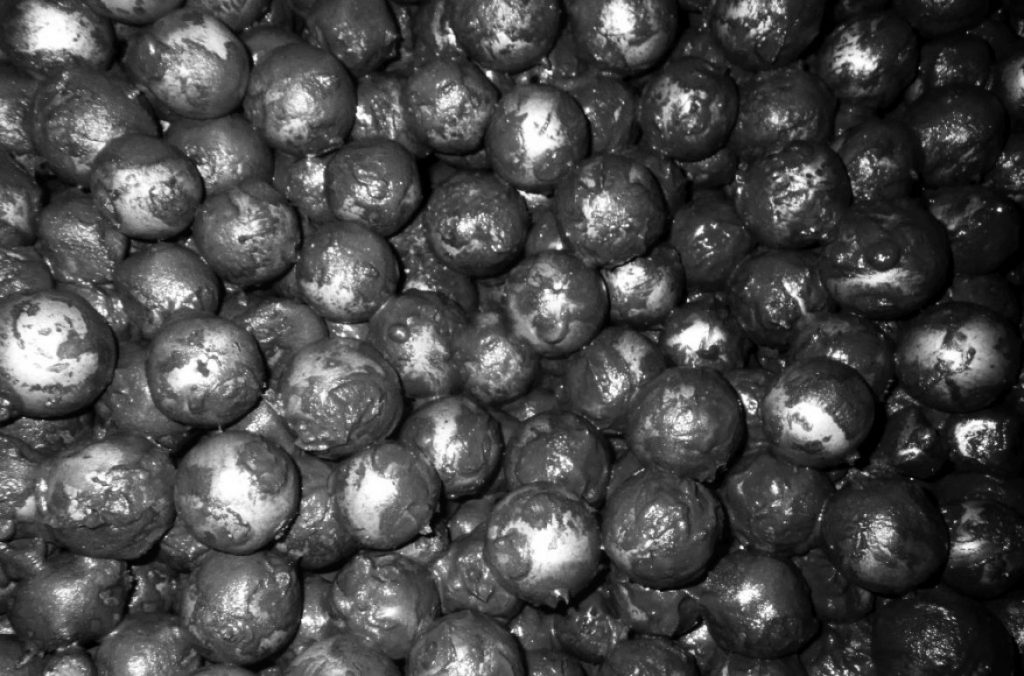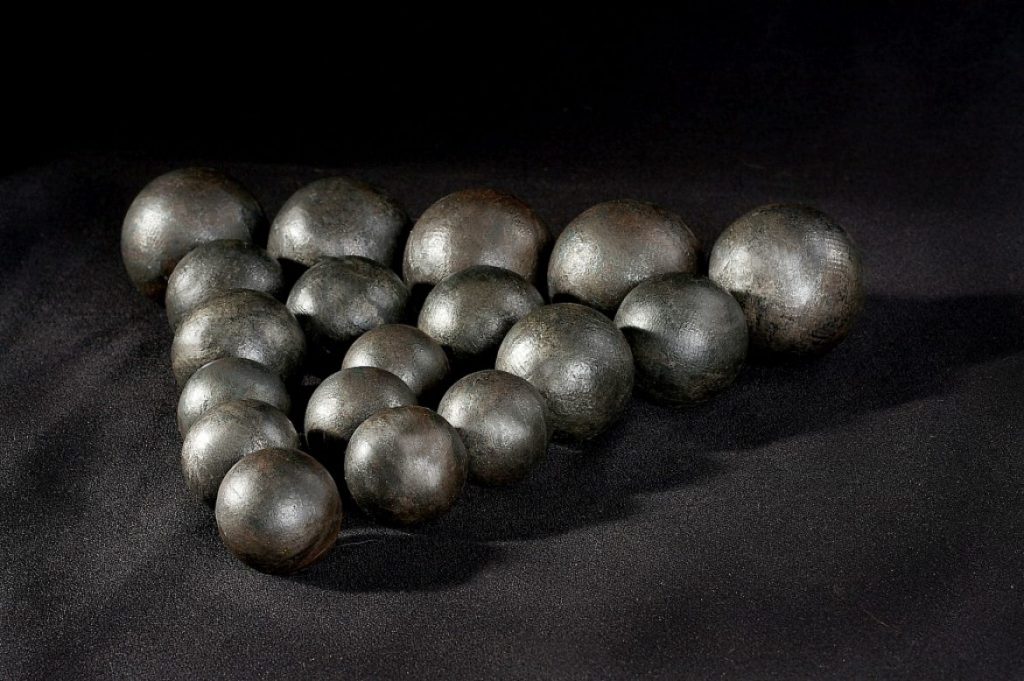
Energosteel in Poland: new WAREHOUSE, new horizons, new perspectives!

Mining Türkiye 2024 under the rain of discoveries and opportunities
Durable Forged Steel Grinding Media for Industrial-Scale Ball Milling
When you load steel balls into your ball mills, the last thing you need is for them to shatter upon impact like brittle, old cookies. Optimal pulverizing efficiency is critical, and you should settle for nothing less. ENERGOSTEEL offers the ultimate solution for your ball milling needs.

Forged Steel Grinding Balls
Each ENERGOSTEEL Forged Steel grinding ball is solid, from its surface to its core. These balls are through-hardened, providing exceptional strength. Built tough and designed to absorb shocks, these balls maintain the perfect level of hardness needed for grinding in ball mills. Whether you’re processing raw materials in large mills or achieving finer particle sizes in planetary ball mills, these forged steel balls are designed for you.
These are not just any grinding balls; these are high-performance balls for demanding tasks.
Introduction to Forged Steel Grinding Balls
Forged steel grinding balls are essential components used in various grinding and milling applications across industries such as mining, cement, and chemical processing. These balls, crafted through the process of forging, are renowned for their robustness and ability to perform under rigorous conditions, making them a preferred choice for heavy-duty grinding tasks.
The Manufacturing Process
The production of forged steel grinding balls involves several key steps. It begins with the selection of high-quality steel, which typically contains carbon, manganese, and other alloying elements that enhance the ball’s hardness and durability. The steel is then heated to a high temperature, making it malleable enough to be shaped.
The actual forging occurs when the heated steel is pressed or hammered (often using a mechanical forge), into a spherical shape. This process aligns the steel’s internal grain structure, increasing its toughness and wear resistance. After forging, the balls are then quenched and tempered, a critical heat treatment that further enhances their mechanical properties.

Forged Steel Grinding Balls
Applications and Benefits
Forged steel grinding balls are primarily used in ball mills or rod mills to crush and grind materials into finer particles. In the mining industry, they are used to extract precious metals from ore. Cement manufacturing utilizes these balls to grind clinker, limestone, and other materials into a fine powder, a crucial step in the production process.
The primary advantage of using forged steel grinding balls lies in their high durability and wear resistance. Unlike casting, forging ensures the uniformity of the microstructure and eliminates most of the internal voids and defects that might lead to breakage under stress. Additionally, these balls typically showcase better performance in terms of maintaining their shape and size over extended periods, thereby reducing operational costs associated with replacements.
Environmental and Economic Considerations
While forged steel grinding balls are invaluable to industrial processes, they also pose environmental and economic challenges. The production process is energy-intensive and generates a significant amount of CO2 emissions. However, advances in forging technology and better energy management practices have been instrumental in reducing the environmental impact.
Economically, the initial cost of forged balls can be higher than other grinding media like cast iron or ceramic balls. However, their longer lifespan and reduced maintenance needs often translate to lower long-term costs, making them a cost-effective choice for many industries.
Forged steel grinding balls play a crucial role in the grinding and milling processes in various industries. Their robustness, enhanced by the forging process, offers significant advantages over other types of grinding media. Despite their higher upfront costs, their durability and efficiency make them a preferable choice for applications requiring heavy-duty grinding. As industries continue to seek more sustainable and cost-effective solutions, the demand for high-quality forged steel grinding balls is likely to grow.

